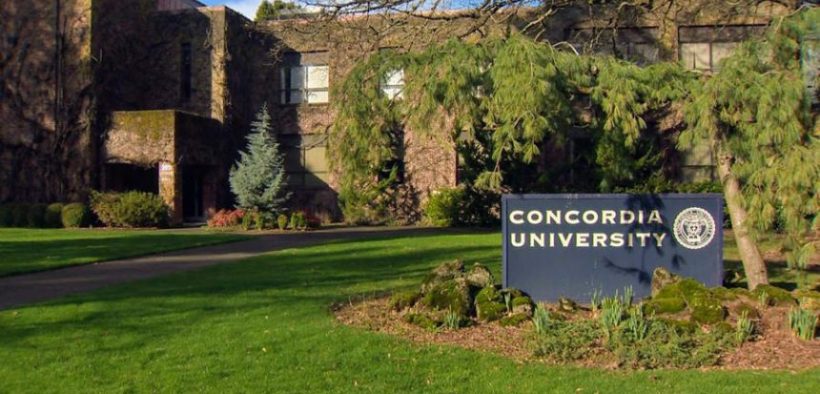Concordia University-Portland to Close at End of Semester

After 115 years since it was founded, Concordia University – a private Lutheran school in Portland, Ore. – announced Monday (Feb. 10) it will close its doors for good after the spring semester. Some see this latest campus closure as just another example of the growing challenges colleges and universities – especially private Christian schools – are facing.
The university’s mounting debt left them with few options, the school announced, and is forcing it to cease operations as of April 25. Sitting on 24-acres, the university’s campus is expected to be sold and students will be assisted with transferring to other schools for the next semester, according to news reports. The university’s law school in Boise, Idaho, also will reportedly close.
“After much prayer and consideration of all options … the Board of Regents has concluded because of the current and projected enrollment and finances of the university, it is impossible for the university to continue to pursue its mission,” Interim President Tom Ries said in a video statement on Monday.
“The board has come to this difficult decision,” he noted, “recognizing that it is in the best interest of our students, our faculty, our staff and our partners.”
Meanwhile, The Oregonian reported Monday, one student is suing the university. He claims it should have disclosed its financial issues earlier before students paid tuition for the 2020 Spring semester.
“Concordia University misrepresented the qualities and characteristics of its education services and the value of its tuition credits,” the lawsuit reportedly states.
The suit claims the university advertised its programs through late 2019 and early 2020 and promised new students that by 2024, The Oregonian reported, “all students of Concordia University-Portland will be actively engaged in a university that enjoys a strong national reputation.”
Ries, who began his role as interim president Jan. 2, told Portland’s KGW8 he didn’t come to the university to be “the bearer of bad news.” But keeping the university open, Ries said, would have involved borrowing more money for a school that’s already in the red.
“I came here with the intent that we would find plans to turn this situation around,” he said. But borrowing more money, Ries noted, “would have involved so much risk it would have put students in probably an even a worse position than they are now.”
The university “has had negative cash flow for quite some time,” Rise said. And the school’s primary lender, an agency of The Lutheran Church – Missouri Synod (LCMS), is no longer willing to loan the school money, KGW8 reported.
The LCMS released a statement on Monday pointing to the strain many colleges and universities are experiencing today.
“The spate of recent closures of colleges and universities across America makes clear the difficult environment confronting small private universities, not least religiously affiliated ones,” the Synod said. “Colleges and universities nationwide continue to face challenges, even those whose contributions to their communities and the world are laudable.”
The Rev. Dr. Matthew C. Harrison, president of the LCMS, told the Synod’s official news service, “These are trying times, and we ask for the prayers of all as we seek to move forward according to the will of God.”
Concordia University has an enrollment of more than 6,000 students, the Portland Tribune reported, including those enrolled in online programs. Nearly 98 percent of the students reportedly receive financial aid and a majority of them are seeking graduate degrees. The university right now employs more than 400 faculty and staff, The Tribune reported.
Cutting salaries or increasing tuition wouldn’t have solved the problem, Ries told KGW8. “Been done. Been tried, cutting salaries. The folks around here have been through that more than they should.”
The university said it will continue to release updates as more information is available and noted on Twitter that “throughout this process, students, faculty and staff will remain the top priority.”



